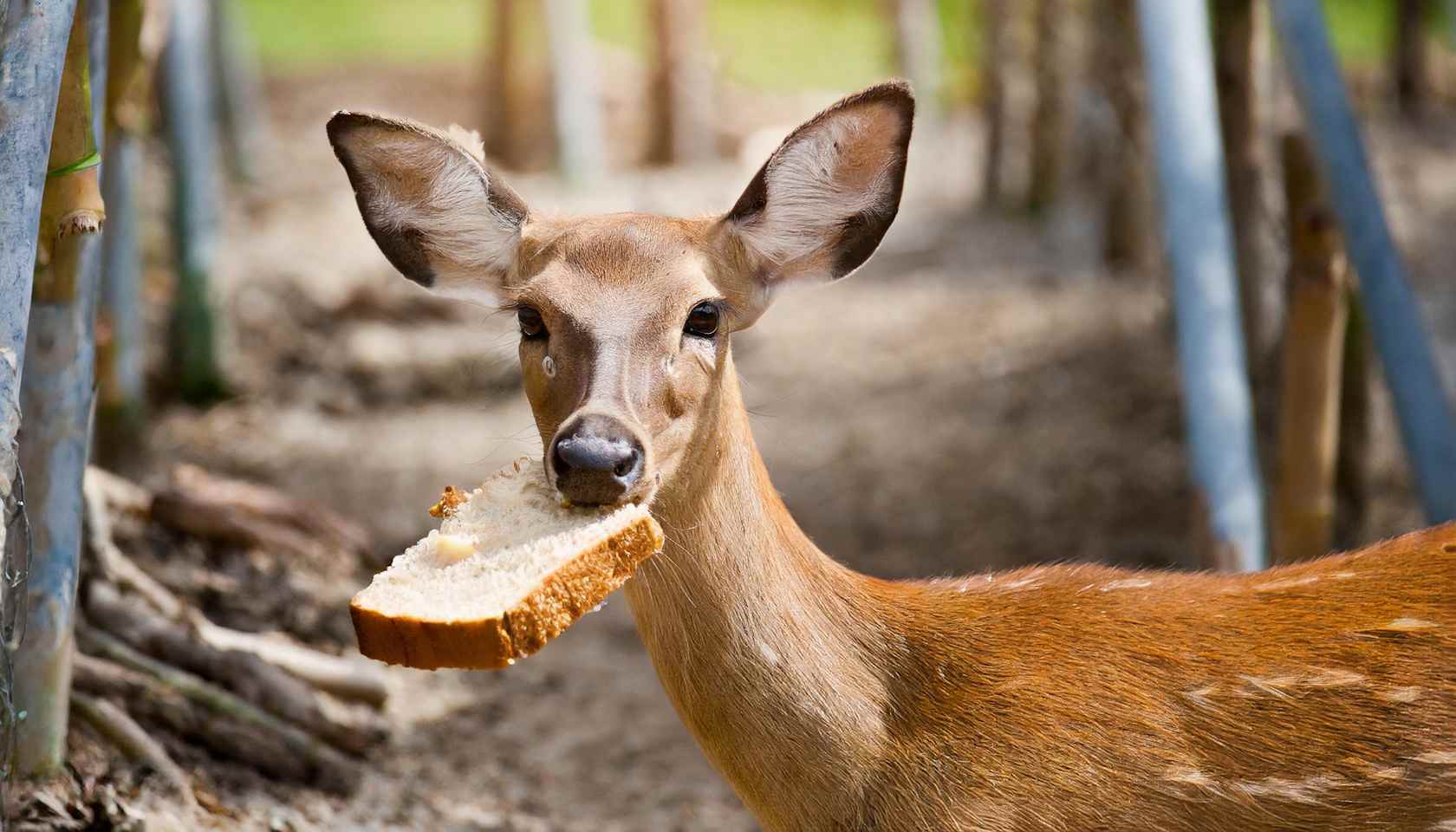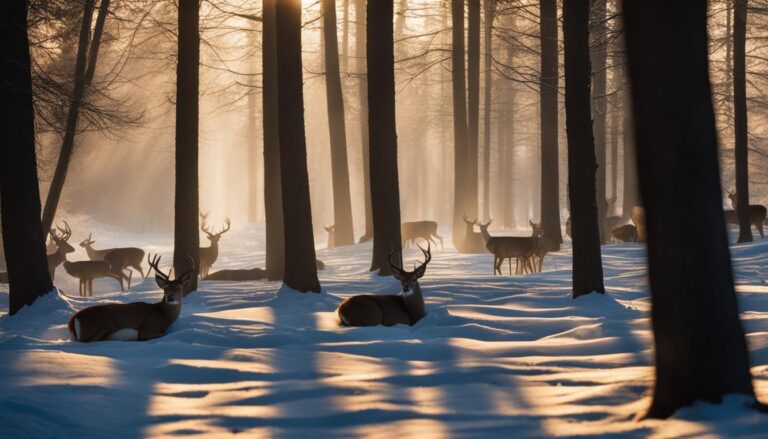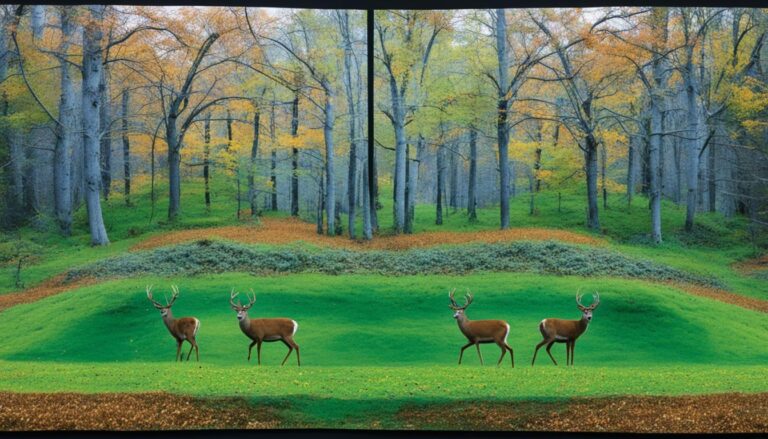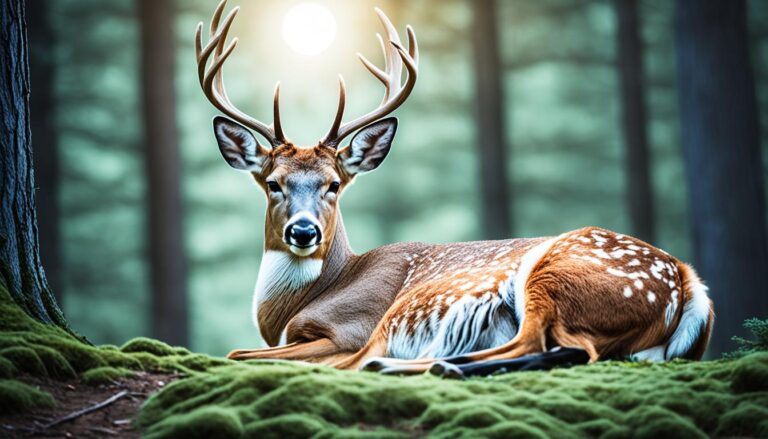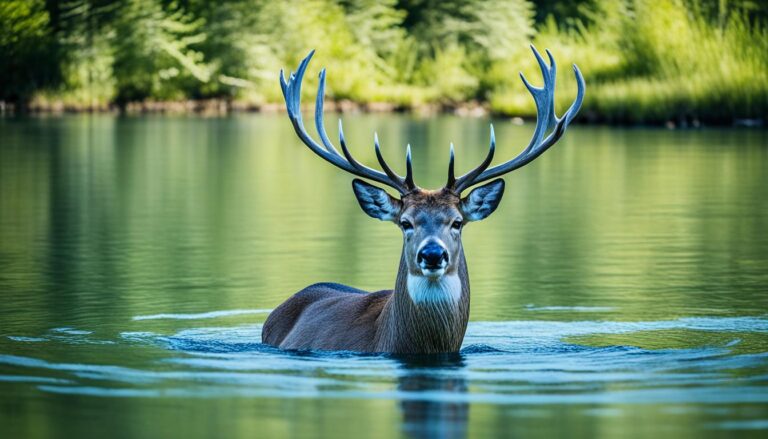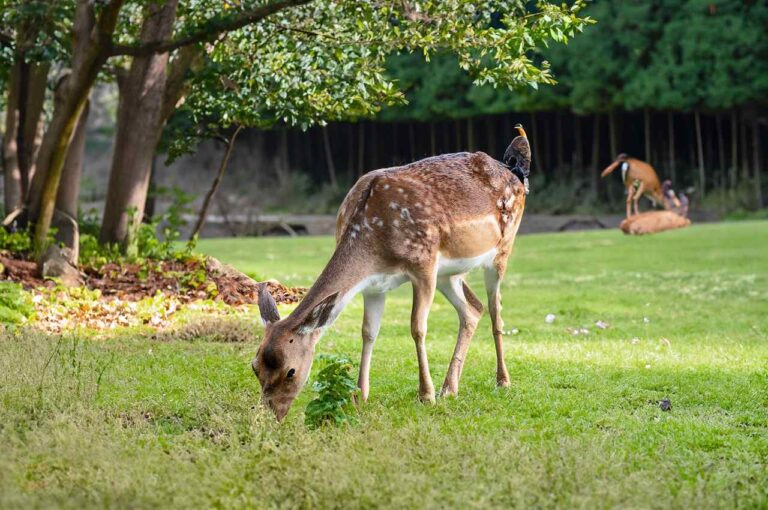Can Deer Eat Bread? Understanding the Risks and Alternatives
The sight of a deer munching on bread might evoke a sense of pastoral charm. However, before offering this seemingly harmless treat, understanding a deer’s digestive system is crucial. Unlike humans, deer possess ruminant digestive systems, specifically adapted for processing plant-based materials like grasses, leaves, and twigs. These materials are rich in fiber and complex carbohydrates, which deer efficiently break down with the help of specialized gut bacteria.
Feeding deer bread is not recommended. Deer can eat bread, but it lacks nourishment and may cause intestinal troubles. Its high carbohydrate content and poor nutritional content may cause kids to devour bread and disregard their natural diet. This may cause malnutrition and hunger. Deer should eat vegetation, fruits, and grass, not bread, which is unhealthy. Planting plants deer eat is better than giving bread to entice them.
Why Bread Spells Trouble for Deer: A Nutritional Nightmare
While bread might seem like a quick energy boost, it lacks the vital nutrients deer require and poses several health risks:
- Low nutritional value: Bread is primarily carbohydrates, offering minimal protein, vitamins, and minerals essential for deer health.
- Digestive disruption: Bread lacks the fiber necessary for proper rumen function, potentially leading to bloat, impaction, and even death.
- Nutritional deficiencies: Overconsumption of bread can displace natural food sources, leading to deficiencies in crucial nutrients.
- Disease transmission: Moldy or stale bread can harbor harmful bacteria and fungi, posing health risks to deer.
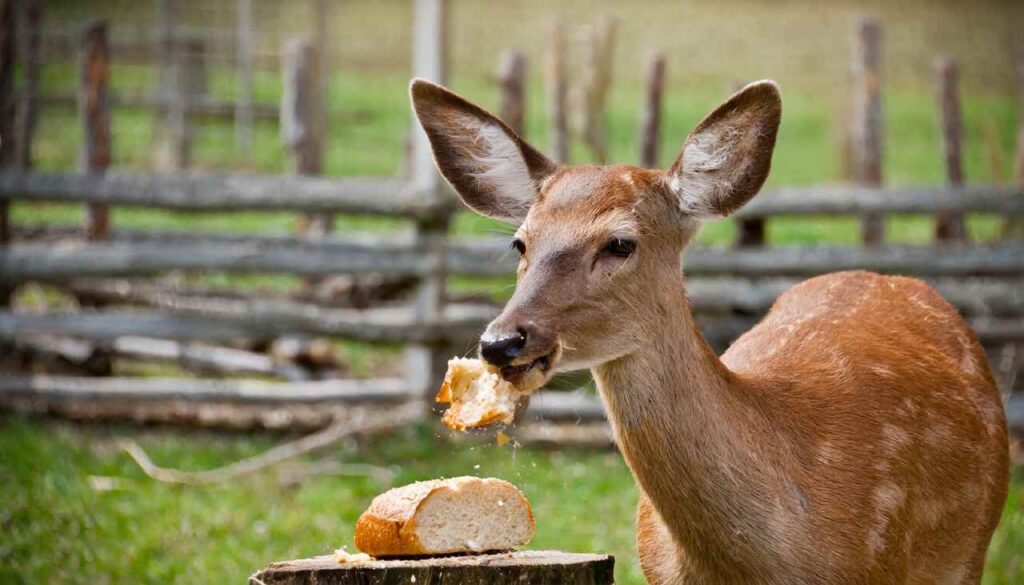
Beyond the Bread Basket: Responsible Feeding Alternatives
Nourishing deer with appropriate options ensures their well-being and avoids potential harm. Here are some safer alternatives:
- Fruits and vegetables: Apples, pears, carrots, and sweet potatoes offer healthy sugars, vitamins, and fiber.
- Nuts and seeds: Acorns, walnuts, and sunflower seeds provide protein and essential fats.
- Commercial deer food: Formulated to meet deer nutritional needs, these options are readily available and convenient.
Remember: Respectful Observation, Not Intervention
It’s essential to remember that feeding wild animals, including deer, can disrupt their natural foraging behaviors and potentially alter predator-prey dynamics. While offering occasional treats might seem kind, it can have unintended consequences. Observing deer from a distance and appreciating them in their natural habitat is the most responsible approach.
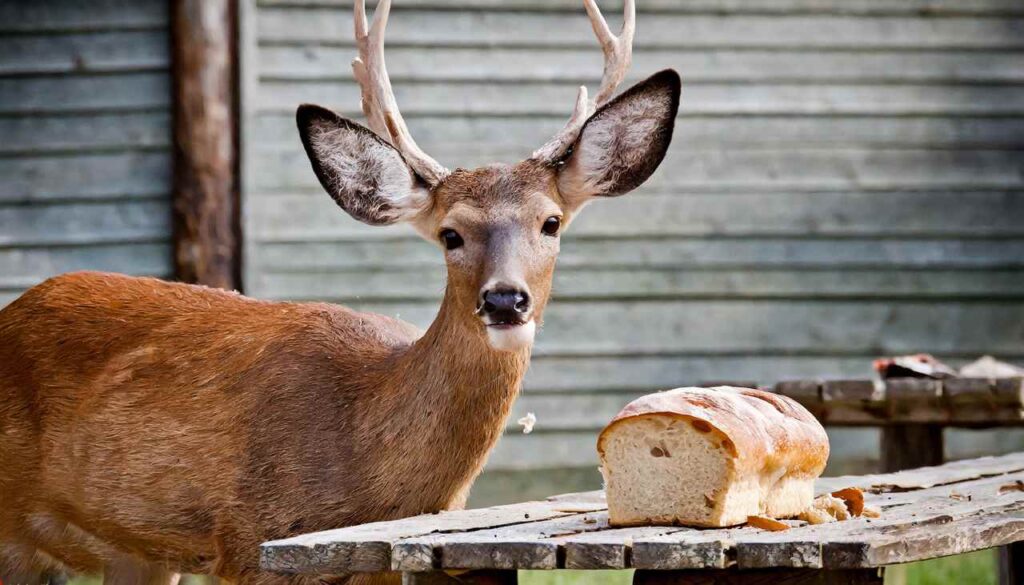
Conclusion: Knowledge is Key to Responsible Interaction
Understanding a deer’s digestive system and the potential risks associated with bread consumption empowers us to make informed choices. By opting for healthy alternatives and prioritizing respectful observation, we can ensure the well-being of these magnificent creatures and foster a harmonious coexistence.
- Wyoming Deer Season 2025-2026 New Schedule & Rules - 15 September 2025
- Wisconsin Deer Season 2025-2026: WI Deer Hunting Guide [Schedule, Rules, Licenses] - 15 September 2025
- West Virginia Deer Season 2025-2026 Complete Date & Guide - 15 September 2025
